Movements are often easier to discern by the tracks they leave behind than by their form. Here’s a flavour of some of the varied social movements around the world, those who support them and their relationship to philanthropy.
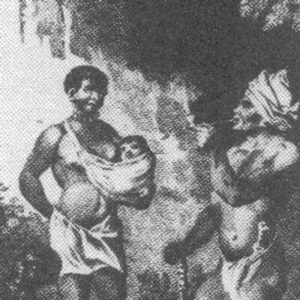 OFRANEH, Honduras
OFRANEH, Honduras
Cooper Hewell from The Fund for Global Human Rights comments: For over 20 years, the Honduran Black Fraternal Organization (OFRANEH) has defended the land and resource rights – as well as other civic, political, economic, and cultural rights – of Honduras’s Garifuna people. As a cornerstone of the country’s civil society and a leading Indigenous organisation in Mesoamerica, its work has advanced the rights of Indigenous people in the entire region.
OFRANEH functions as a registered NGO, with offices, staff and executive leadership. In Honduras’s highly volatile environment, that structure allows OFRANEH to direct resources and advocate effectively. But OFRANEH is actually a social movement, born out of decades of collective advocacy and resistance by the Garifuna people. Nearly 50 Garifuna communities have organised local assemblies and committees to guide OFRANEH’s work, on issues ranging from women’s participation to sustainable development. Channelling this grassroots energy, OFRANEH has helped amplify thousands of Garifuna voices as the public face of a social movement.
ofraneh.org
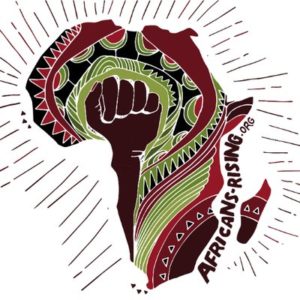 Africans Rising
Africans Rising
Africans Rising is a pan-African movement of people and organisations, working for peace, justice and dignity. Its founding principles are enshrined in the Kilimanjaro Declaration, issued at a gathering at Arusha, Tanzania, in 2016. The ensuing movement was launched, symbolically, on 25 May 2017 (Africa Liberation Day). Its thematic areas are expanding the space for civic and political action; women’s rights and freedoms; the right to equity and dignity; fighting against corruption in the pursuit of good governance; climate and environmental justice. The tools it uses are alliance building to establish a framework of solidarity from grassroots to continental level, strategic convening to build campaigns from the ground up, mapping of resources, data gathering and sharing within ethical open frameworks and what it calls ‘accompaniment’ – being present and involved in all stages of the process. Its membership includes both individuals and organisations, primarily concentrated in Africa, though with some organisational members in Europe and the US and individual members across the world. Movement partners include African Artists Peace Initiative, FEMNET (African Women’s Development and Communications Network), Walk Together and ITUC-Africa.
africans-rising.org
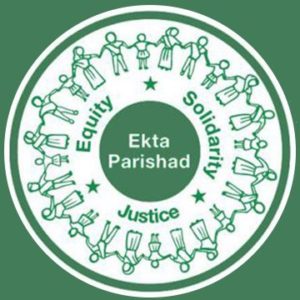 Ekta Parishad, India
Ekta Parishad, India
Ekta Parishad is a non-violent Gandhi-inspired social movement in India working on land and forest rights, which over the last 20 years has grown into a major grassroots movement whose aim is to put pressure directly on central and state government bodies. Ekta Parishad is calling for profound land reform, and estimates that giving the poor access to land could significantly reduce absolute poverty and the violence that is increasingly threatening Indian society. Characteristic of the way it operates is the satygraha, a social action – often a march – that relies on moral force to make its point. As an example, to mobilise support for the movement Ekta Parishad and affiliated organisations formed a movement called Jan Satyagraha Samwad Yatra in 2012. A convoy of vehicles covered more than 80,000km beginning at the southern coast of Kanyakumari, Tamil Nadu and ending in Gwalior, Madhya Pradesh, during which over 2,000 people’s organisations united in support of a National Land Reforms Act and Policy.
ektaparishad.com
Pro-democracy movement, Hong Kong
The trigger for the protests in Hong Kong which began in 2019 was the introduction of a bill to permit the extradition of people to face charges in mainland China, but the roots go deeper and derive from long-standing pro-democracy agitation. In the so-called Umbrella revolution of 2014, for instance, tens of thousands of Hong Kongers apparently from all economic backgrounds and age groups took to the streets to demand universal suffrage and the keeping of promises made by Beijing at handover in 1997. Students provide the rank-and-file of protestors and the movement is largely self-organising, though a number of groups have emerged, among them Occupy Central with Love and Peace, which was one of the driving forces behind the Umbrella protests, and the Civil Human Rights Front (CHRF), a loose group of other NGOs, faith and political groups. It is also largely self-funding with CHRF’s constituent organisations contributing to its campaigns, though there have been important individual contributors, too. Jimmy Lai, founder of Next Media, which publishes the anti-government Apple Daily newspaper, was described by the UK’s Guardian website as ‘a major financial patron of Hong Kong’s pro-democracy movement’. China Daily also alleged in an article last August that the National Endowment for Democracy in the US had given ‘significant funding’ to members of CHRF. The homemade character of much of the protest is captured in the Manual of Disobedience on Occupy Central’s website. It includes guidance on what to do if you are arrested, rules for non-violent protest and a section on ‘basic needs’ (drinking water, dry food, protective goggles, light and weatherproof clothing) and ‘tools’ for the organiser (paper and pen, mobile phones with spare charger and battery, sleeping bag and travel chair).
oclp.hk
civilhrfront.org
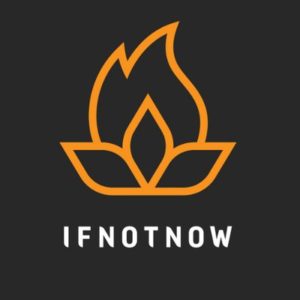 IfNotNow
IfNotNow
Frustrated and angry at the failure to protest Israel’s treatment of Palestinians, Jewish communities around the world are witnessing growing numbers of Jews taking action on their own doorsteps to challenge the communal status quo, which is to support Israel’s policies uncritically. In the US, IfNotNow protests Jewish community events, charities and organisations which give tacit or active support to the occupation. The movement has seen explosive growth driven by volunteer action, crowdfunding and backing from liberal funders including Open Society Foundation and the Rockefeller Brothers Fund. A sister organisation, Na’aamod, has sprung up in the UK in 2018 and is pursuing a similar approach. There are early signs that the movement could spread to Jewish communities in Canada, Australia and South Africa.
ifnotnowmovement.org
 European Community Organising Network
European Community Organising Network
Steve Hughes from the European Community Organising Network writes: Community organising is an essential ingredient in any movement seeking to build a more just society and achieve environmental sanity. In an era when all key indicators are moving in the wrong direction – the civic space is closing, radical right-wing ideology is becoming the dominant public discourse, and social solidarity is breaking down – the need for grassroots, local leader-driven change strategies in marginalised communities could not be more necessary. In Europe, community organising has achieved important victories, from tenant-led initiatives to combat housing speculation in Germany, to climate organising in affected coal mining communities in Poland, to providing key support to community mobilisations against authoritarian governments in Slovakia and Hungary. What is needed now is a greater investment in the long-term process of training organisers, creating vehicles for cross-movement shared practice and alignment, and a dedicated effort to increase the quality of resources available to the organising sector. Ultimately, ‘civil society’ does not build itself! It takes concerted, strategic effort that is clear-eyed about power relations and committed to building a bottom-up response to the current moment of crisis facing Europe and the world.
organizeeurope.org
![]() Carnegie Endowment for International Peace
Carnegie Endowment for International Peace
Richard Youngs from Carnegie Europe writes: For the past three years the Carnegie Endowment for International Peace think-tank has been running a Civic Research Network. We have assembled experts who are close to new forms of activism in around a dozen countries around the world. We meet regularly, interact with policy-makers and produce reports and shorter policy briefs on different aspects of civic activism. At present we are preparing a report on ‘informal activism’. We decided to explore this theme because our team of activist-scholars indicated that there is a growing trend towards informal types of civil society activism in their respective countries.
Drawing on examples from our network – including Brazil, Uganda, Ukraine, Egypt, Tunisia, Turkey, Poland, India and Thailand – our report will explore how ‘informal activism’ should be defined and the thorny question of what precisely distinguishes it from standard civil society. We will assess the advantages and disadvantages of informal activism, and examine how activists on the ground are learning more about what kinds of informality work best. Our report will draw out recommendations for civil society funders, oriented in particular towards the need to get formal and informal civic dynamics working in tandem.
carnegieendowment.org
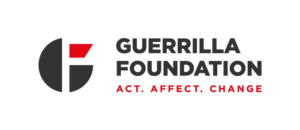 Guerrilla Foundation
Guerrilla Foundation
Guest editor and Guerrilla Foundation managing director, Romy Krämer writes: The COVID-19 pandemic has disrupted routines everywhere. In philanthropy, this has meant a big opening towards more trust-based and flexible relationships with grantees. How might we build on this to rethink our work and go further? The participatory movement FundAction has brought activists from across Europe and across issue silos together to fund systems change work. How might we expand such approaches to focus on building radically new relationships grounded in mutual support and care? Is now the time to build a solidarity ecosystem that bridges issue silos as well as the activist-funder divide? Can individual activists be freed from the economic rat race to enter networks of mutual trust with each other and foundation staff? Can we contribute to individual and collective resilience and support collective sensemaking that does not stop at the boundaries of whatever organisation we are part of? If you are interested in discussing these ideas, drop me a line at romy@guerrillafoundation.org.
guerrillafoundation.org
fundaction.eu
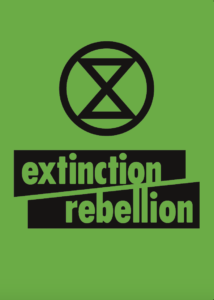 Extinction Rebellion
Extinction Rebellion
Founded in May 2018, Extinction Rebellion (XR) is an international movement that uses non-violent civil disobedience to force governments to act to avoid tipping points in the climate system, biodiversity loss, and the risk of social and ecological collapse. It has set itself a target of mobilising 3.5 per cent of the population to create the necessary political pressure, on the basis of research that suggests that ‘no regime in the 20th century managed to stand against an uprising which had the active participation’ of that proportion. XRUK, the UK element of the movement is a volunteer-led movement, governed by a constitution and managed through a self-organising system. Its work is carried out by a number of teams responsible for areas such as actions, communities, and media and messaging. It is funded principally through crowdfunding campaigns, with contributions from major individual donors, foundations and NGOs. Between October 2018 and December 2019, for example, 59 per cent of XRUK’s income came from crowdfunding, 32 per cent from trusts and foundations, and 9 per cent from individuals.
https://rebellion.earth
Social movement funders
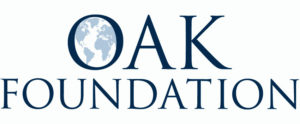 Oak Foundation, Switzerland
Oak Foundation, Switzerland
Following a strategic review in 2017, Oak Foundation has begun using support for movement building as part of its programme to secure equal human rights for women and to end violence against them – its Issues Affecting Women Programme (IAWP). It uses networking and joint advocacy initiatives to extend and strengthen the overall women’s movement and supports groups like Women’s Link Worldwide. Chiefly, it works in five ways to strengthen and sustain women’s movements – ensuring the groups they support have sufficient access to financial and capacity-building resources; supporting them to maintain or create safe spaces for organising; generating research that can move the field forward and provide an evidence base for advocacy; enabling better connections within and across women’s movements; and supporting mobilisation of constituents.
tinyurl.com/oakfoundation-iawp
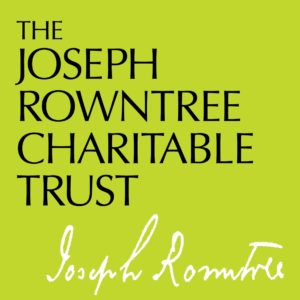 Joseph Rowntree Charitable Trust, UK
Joseph Rowntree Charitable Trust, UK
Under the ‘New Voices’ strand of its Sustainable Futures Programme, the Joseph Rowntree Charitable Trust (JRCT) is funding campaigns and movements ‘that give marginalised or under-represented groups a voice on issues of environmental and economic justice’. It will also fund initiatives that encourage organisations from outside the customary bounds of the movement to get involved in issues of environmental justice, networks that link and support local environmental justice groups, and the replication of innovative local projects that involve new voices. As part of its commitment to working with social movements, JRCT has launched a call for two people to sit on its Sustainable Future Committee from June 2020 who are ‘actively engaged in, and have relevant up-to-date understanding of, social movements and their role in stimulating progress in at least one of the key areas of focus for the programme’.
jrct.org.uk
Solidaire Network, US
The basis of Solidaire’s work is the belief that movements like the Arab Spring and Occupy Wall Street don’t just happen, they need infrastructure and leaders who can sustain the energy of the movement over the long period needed for it to help effect change. Founded by activist Leah Hunt-Hendrix (she was part of the Occupy Wall Street movement) in 2012, it therefore began to assemble a community of donors who wanted to create and support this kind of infrastructure. It has a three-stranded grantmaking framework. It uses aligned giving among its members to support infrastructure, pooled funds to support research and development and a rapid response fund to support what it calls ‘movement moments’ – critical points when movements need to react rapidly to changing circumstances (or when, for example, activists need to put up bail when they are arrested during protests). The majority of its members are individuals (115 out of 145 in 2016), though it also includes a number of foundations. In 2016 (the latest year for which figures seem to be available), over the three types of grantmaking, it distributed just under $2.2 million in total.
solidairenetwork.org

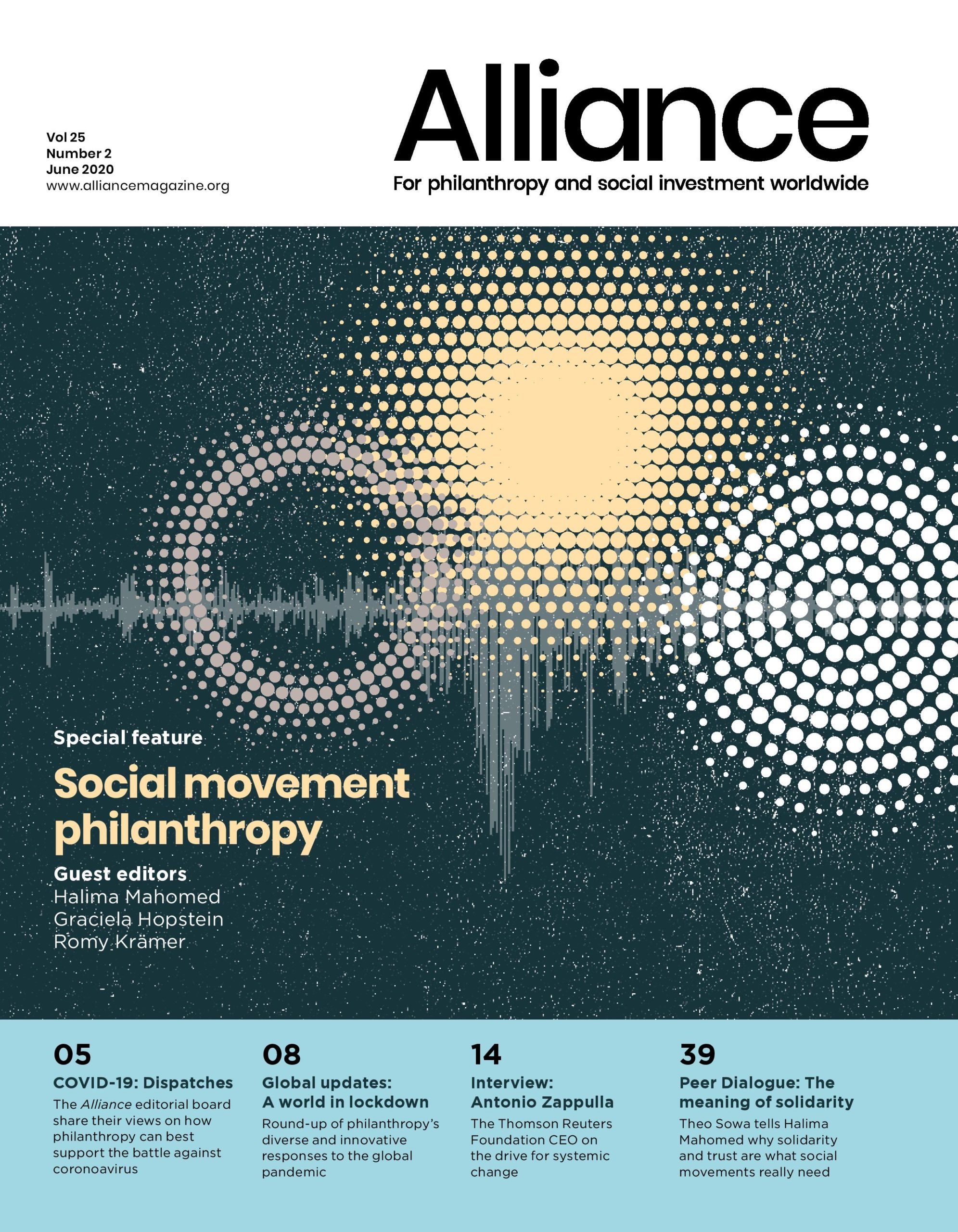
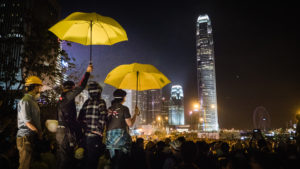



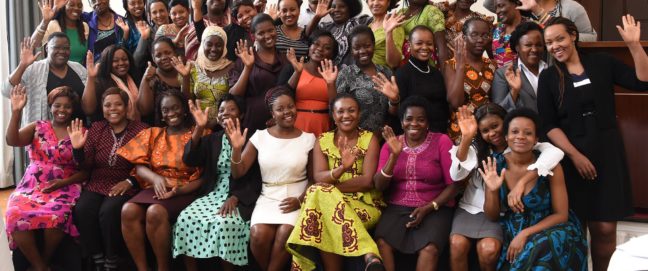
Comments (0)